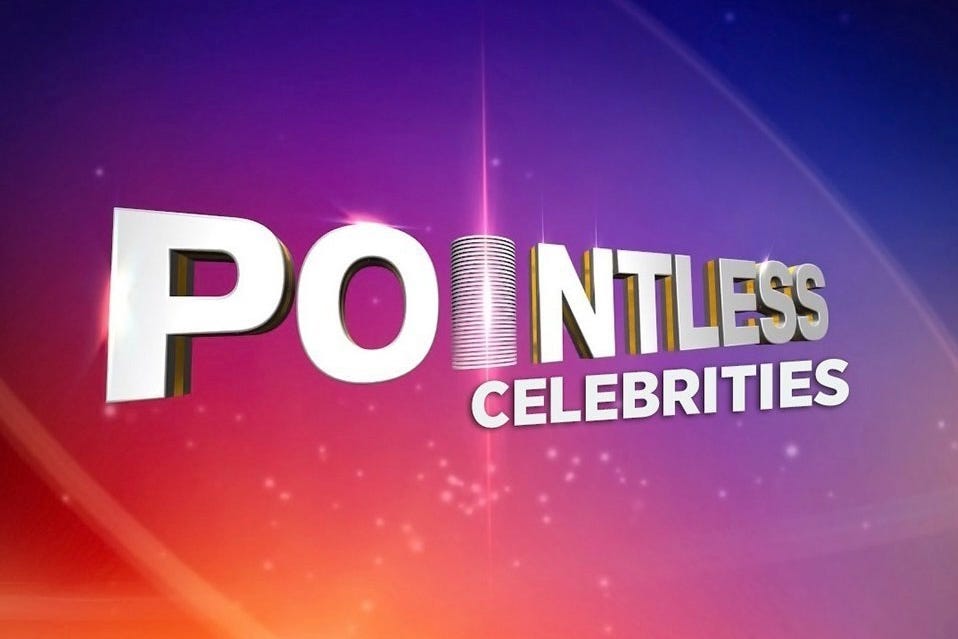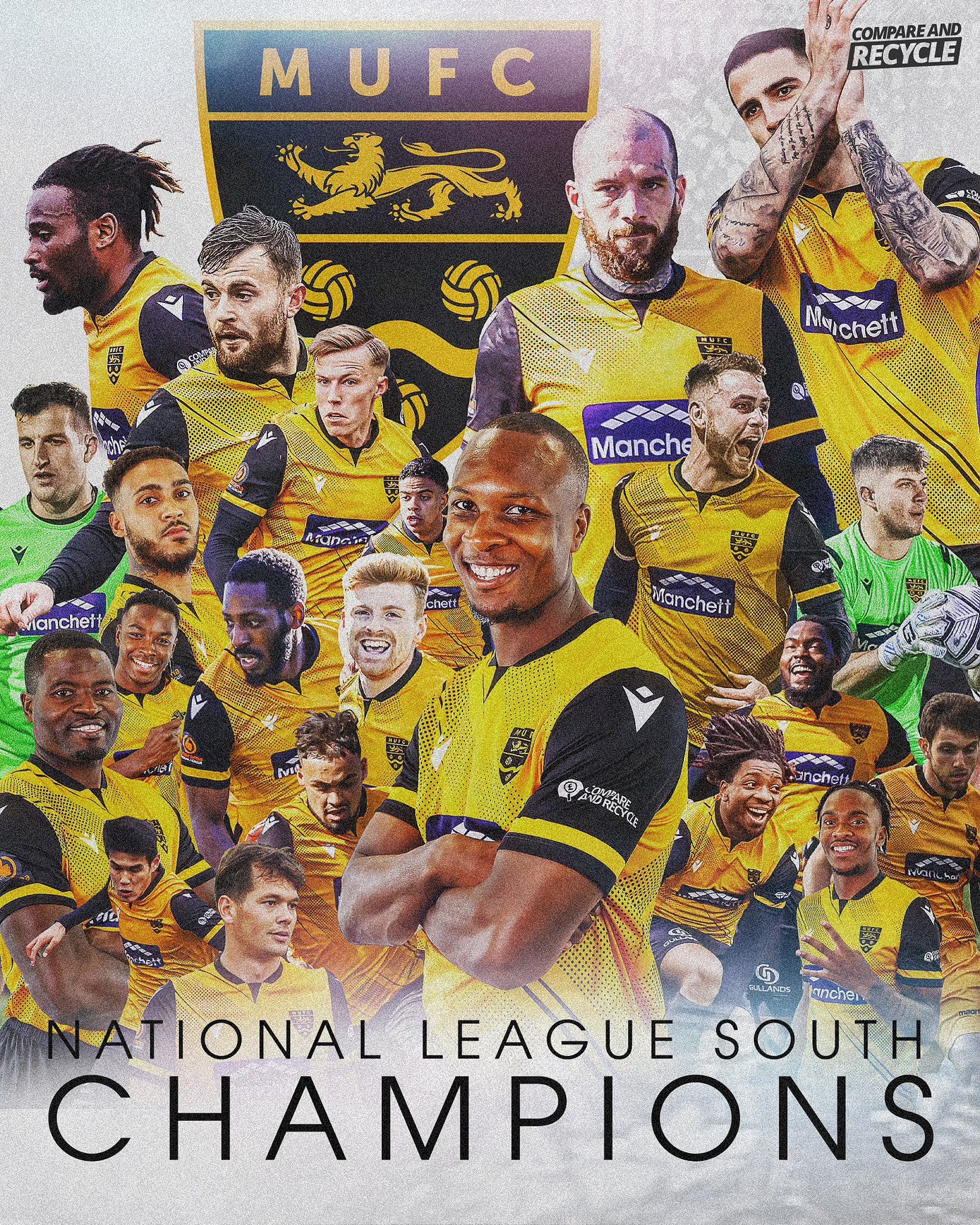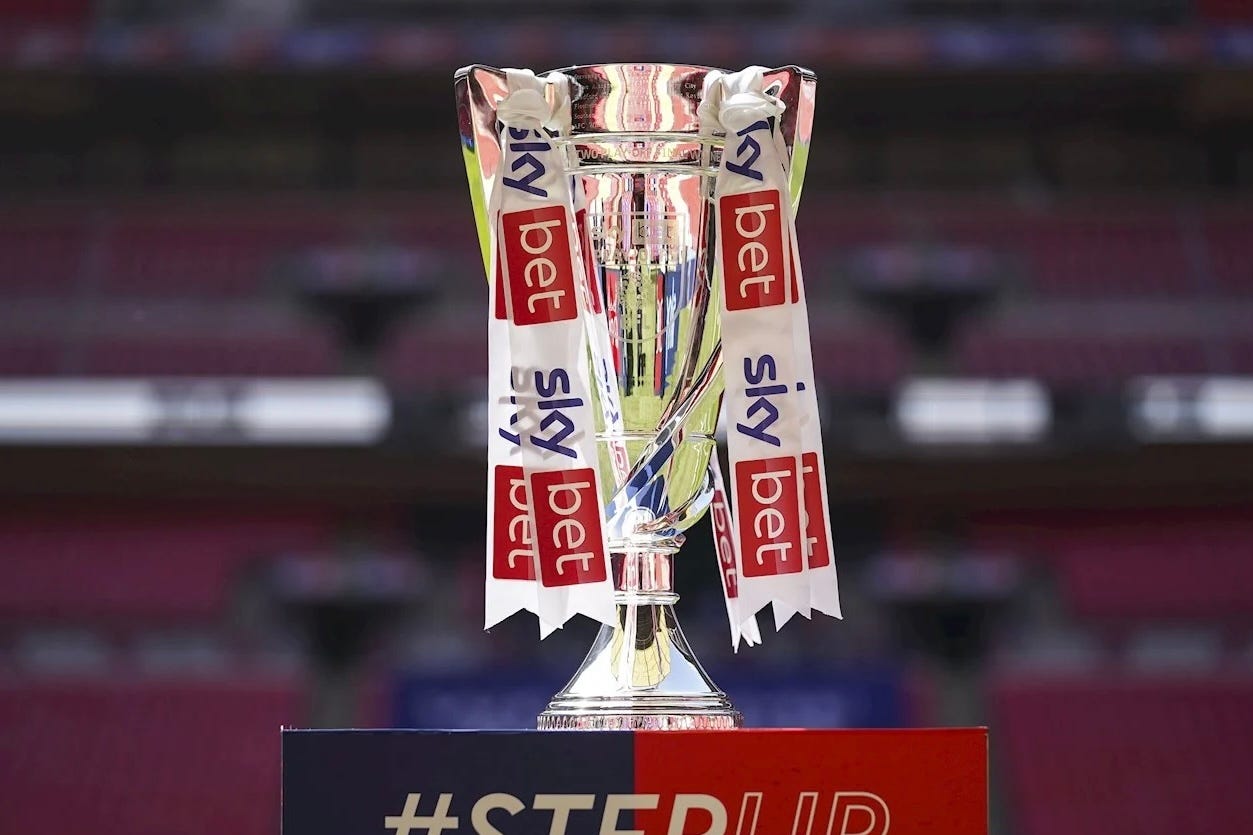Fourteen million people participate in cricket in England and Wales. Yep, you read that right! How do we know that a quarter of the population play, attend or follow the sport? Because the ECB told us so last week in its annual report. Looks like the governing body has adopted a Westminster approach to big numbers. State them boldly and pray nobody digs into the detail. How bold? Well, their big number is a whopping 27% higher than only three years ago.
If one in four of us really is engaged with cricket, you’d have thought a few schoolkids would know who the England captain is. A Sport inc. reader, a teacher, got in touch to discuss an uptick he was seeing in the game. He doubted though that more than a couple of the 150 youngsters he taught would know who Ben Stokes is. He then went away to test his hunch and reported back that in a class of 30, just one pupil replied to his challenge with “Sir, is he a cricketer?”
This is Ben Stokes, the World Cup winning hero who made headlines in a high profile court case, took time out to address mental health challenges - again crossing over into the broader news agenda - and is now appointed to lead England’s test team off the bottom of the world rankings. Stokes, heir to Andrew Flintoff, in turn heir to Ian Botham, himself heir to no-one. A once in a blue moon cricketer capable of transcending his profession.
Immersed in any sport, it is far too easy to fall into the trap of assuming unrealistically high recognition among the general public. I’ve done it myself, even so far as being bemused by how many top athletes are pointless answers on Pointless. Maybe we bandy the ‘superstar’ epithet around too blithely.
The consequences aren’t trivial, either for those who lead sports or those who pursue careers on the field of play. The effect can be seen in the sponsorship market, which is becoming increasingly scientific to the detriment of those who have managed in the past to talk a bigger game than the reality of their true fan bases.
Right now, commercial backing is painfully difficult to come by as global economic slowdown collides with the accelerating transition from old-style billboard advertising to the digital world of followers and likes. Britain’s Olympians and their sports are feeling the bite. So too are many international events in smaller sports that are struggling to balance the books given low ticket prices and thin sponsor interest.
Credit to long jumper Lorraine Ugen who has created a sportswear brand, Unsigned, trading on the challenge she faces in not having a sponsor. “By purchasing an item, you are supporting me to generate an income to pay for training costs.” You can buy her gear here: Unsigned
The ECB has so far managed to buck the trend, as evidenced by its roster of big name sponsors and a £21m profit last year - driven by revenue of £303 million, a third higher than pre-pandemic 2019. The challenge for the ECB, then, is to turn its (to my ears, as sense-checked by a classroom of kids) incredible claim of public engagement into reality before the tide of data recedes and the truth is laid bare.
Be careful what you wish for
Having flagged the plight of Walton Casuals last week, mid table in the seventh level of English football and facing oblivion, I was taken by an article by Oliver Ash, the co-owner of Maidstone United who have just been promoted to the fifth tier. Read it and you’d forgive owners if they wanted to always fall just short of promotion to the National League. And the same is true up and down the football ladder. In essence, the costs of operating in higher leagues very often far outweigh the increased income. Player wages, stadium upgrades, increased security and - at lower levels - even increased travel, all add up.
“We need some £400-500,000 of additional revenues to compete with an ‘average’ budget in the National League. Most of that increase will have to come from admission price increases and additional spectators, feasible if we continue to produce attractive, successful football on the pitch but uncertain. It is a real challenge.” Oliver Ash
Clubs like Walton Casuals can run up a loss of as much as £250,000 a year. A League Two director once told me that you start each season in that division expecting to lose £500,000.
The problem is that supporter bases are too skinny to sustain professional and semi-professional clubs below the very highest levels. And fan numbers simply don’t inflate enough when teams are promoted. The sport therefore has to rely on owners prepared to keep the money taps running for whatever reasons motivate them, be they philanthropic, commercial, egotistical, or shoot-for-the-moon ambitious.
Returning to the subject of recognition, engagement numbers are too trivial in lower league football, just as they are in smaller sports. Non-league attendances measured in the hundreds or at best a few thousands do not constitute a strong basis on which to compete in the market for savvy sponsorship dollars.
Philanthropic and corporate social responsibility budgets are increasingly targeted by Olympic and Paralympic sports to bolster or even replace conventional sponsorship arrangements. This is the reality of the appliance of data science. Smaller football clubs have traditionally relied on local businesses to display a local community commitment, to invest beyond the realistic value of a sponsorship deal. This too will be squeezed in the digital age. An economic slowdown will also bite especially hard on such local arrangements. A recession could bring a reckoning for English football.
You can read the Maidstone United article in the Property Chronicle here: The Price of Success
You better you bet
I enjoyed the Sky Bet EFL play-off on Saturday. Neither Sunderland AFC nor Wycombe Wanderers had a betting company as their shirt sponsor, but Sky Bet itself was highly visible. Nine Premier League clubs do have betting logos on their shirt fronts, and now government is reported to be about to ban them. But only for PL teams, not every other club from the EFL Championship downwards.
Sunderland’s shirt sponsor is Great Annual Savings Group, whose HQ is eight miles south of the Stadium of Light. Wycombe Wanderers’ shirts advertise Dreams, the bed retailer based just six miles down the road from Adams Park
Just as Tracey Crouch’s independent review of football has mooted allowing alcohol to be consumed in the stands in League Two and the National League, creating the beer sales opportunity currently enjoyed by clubs below these levels, so betting seems another vice that’s deemed an evil necessary for the good of the lower reaches of the game. A curious morality play.






